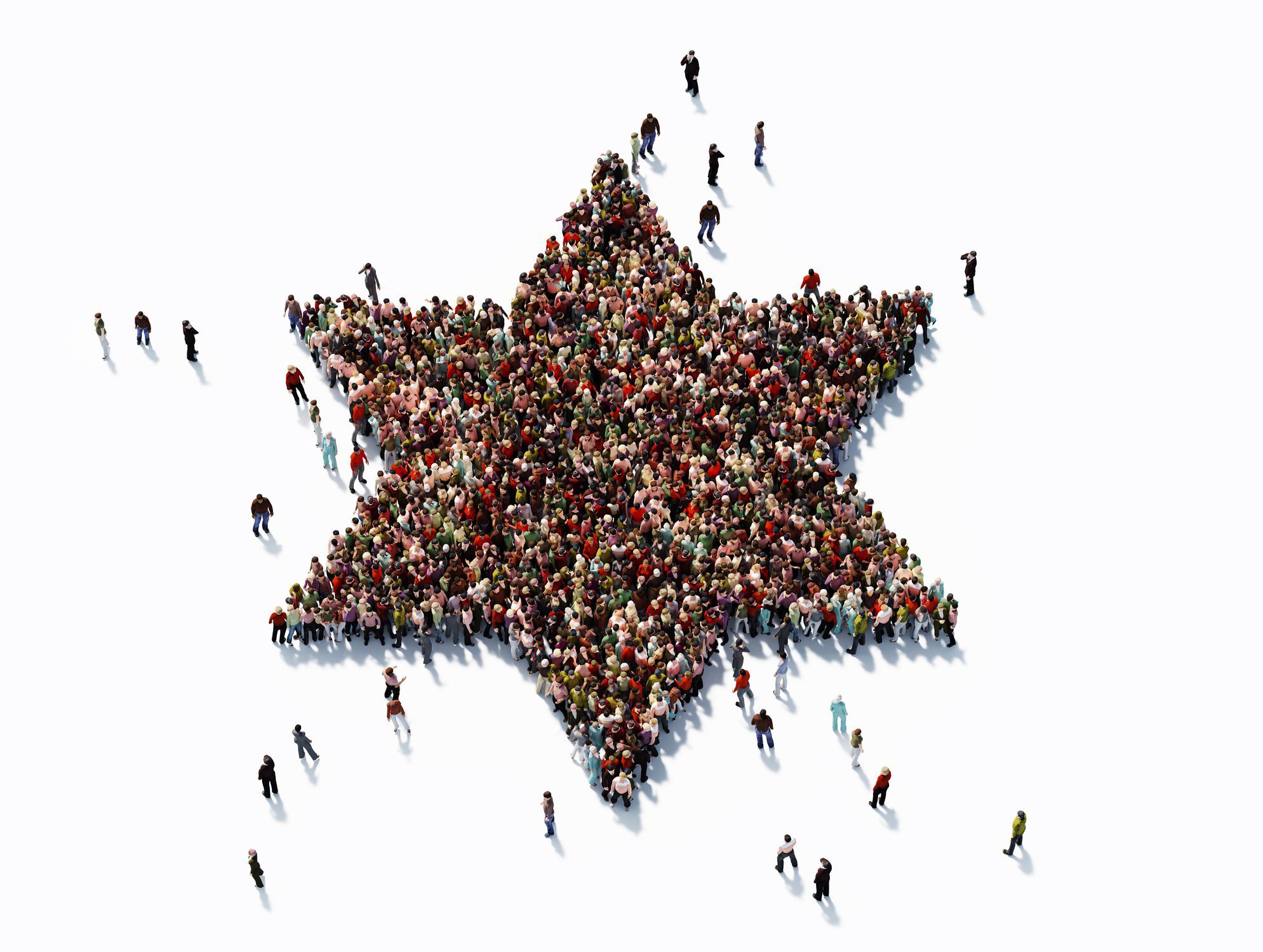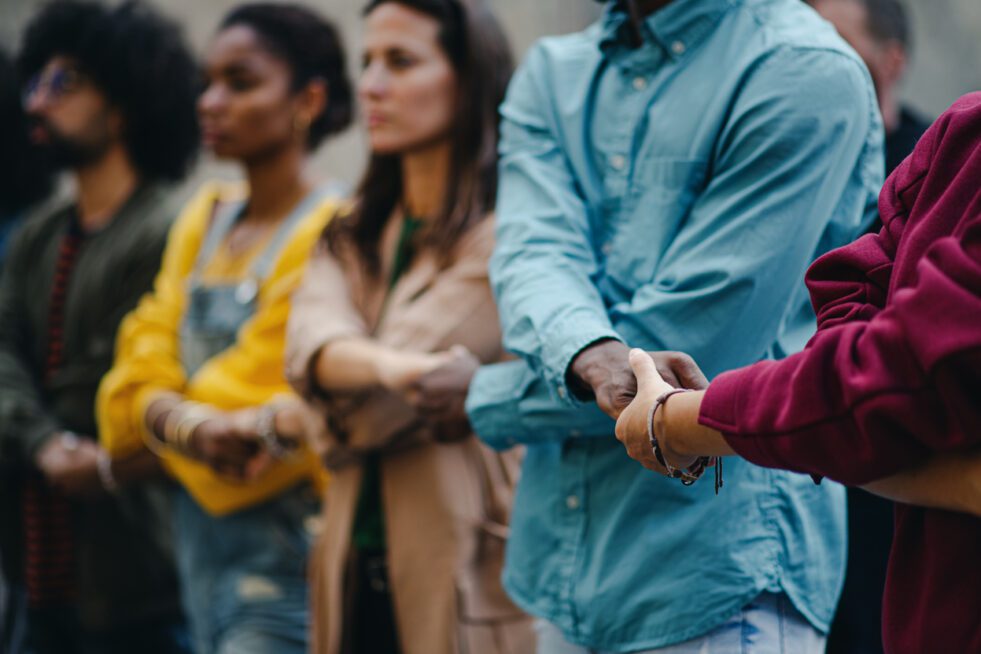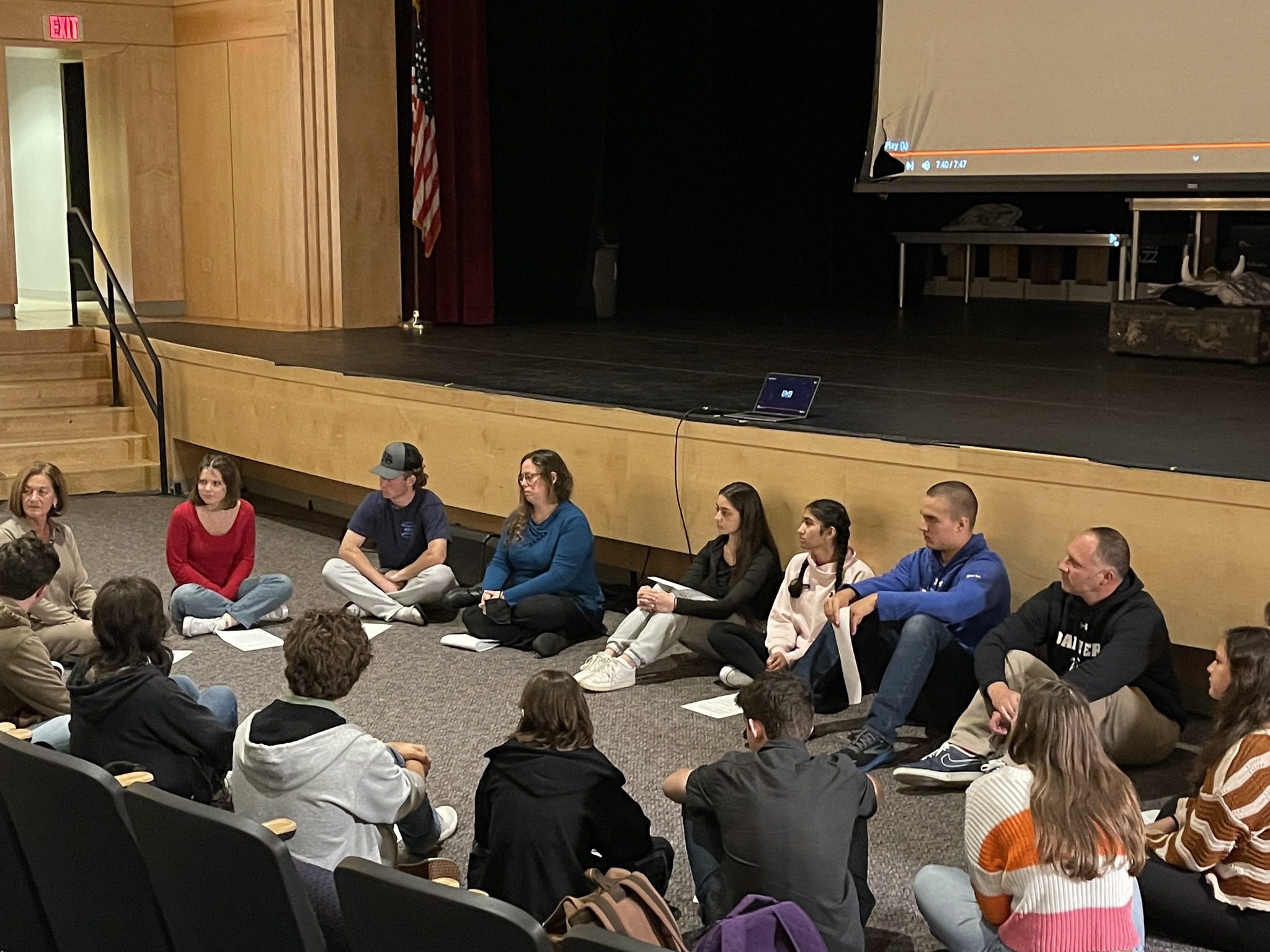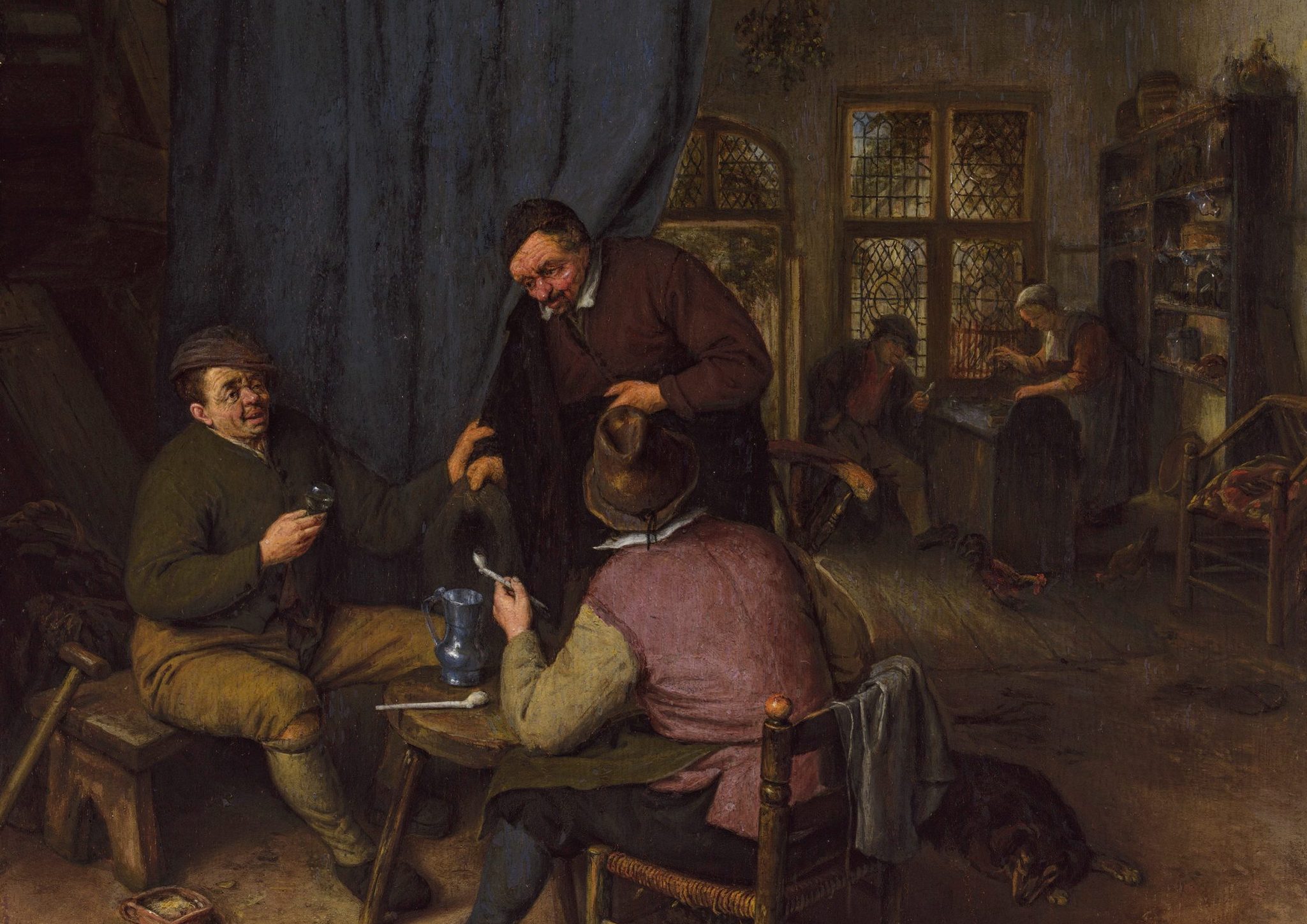By Kara Baskin
Community sustains us during times of stress and trauma—it’s pretty great during other times, too!—but it’s a crucial way to feel less alone when the world feels scary. A sense of togetherness and shared experience feels even more important now. As such, I asked Boston’s Jewish community to share their favorite gathering places and spaces. The responses were uplifting and overwhelming. Read on for ideas.
Outdoorsy types love Ma’yan Tikvah – A Wellspring of Hope in Wayland. Many of their services are outdoors, including on High Holidays, no matter what the weather (bundle up). They also host Shabbat morning walks and moonlit strolls, as well as outdoor learning opportunities for kids. Everyone’s welcome. For something more informal, head to Priscilla Playground (also known as Joyce Playground) in Brighton (80 Union St.) every Shabbat during warm weather—a popular hangout spot for the Allston, Brighton and Brookline Orthodox community. There are even splash pads!
The Boston Workers Circle sponsors an 80-person chorus specializing in Yiddish music, plus a vibrant mutual aid network and robust social justice programming: There’s an antiracism study group, a Jewish Muslim solidarity committee and a teen group focusing on social change for kids in eighth grade and up.
Hadassah Boston also offers plenty of volunteer and educational opportunities, plus comedy nights, cooking classes and discussions on essential topics such as antisemitism.
Speaking of cooking: Lehrhaus is now open in Inman Square. It’s partially a restaurant, serving food of the Jewish diaspora, with inspiration drawn from Ethiopia, Scandinavia and the Lower East Side. But it’s also a learning community. Co-founder Charlie Schwartz recently left a job at Hillel International to focus on the project. He hopes that this space will be a non-rarified, welcoming, friendly headquarters for a “renaissance of Jewish learning in America,” he told me before opening.
Lehrhaus is named after the innovative Jewish learning center founded by Franz Rosenzwieg more than 100 years ago in Germany. Their version is a modern bar and beit midrash (house of study), with food and drink, programming, Jewish texts and community events. Lehrhaus partnered with Shalom Hartman Institute of North America, Hadar and Hebrew College for content. It’s open now, with longer hours slated after Passover, with workshops ranging from introductions to Judaism to high-level Talmudic study.
Coordinated pals far and wide come together every year for Yad Beyad Boston, an annual Israeli folk dance camp, kicking off in 2023 on Thursday, April 27, through Sunday, April 30. There are dance workshops, dance parties and Shabbat lunches and dinners. (Bonus: Food is from Galit’s Treats, Blacker’s Bakeshop, Rosenfeld’s Bagels and J.P. Licks!). If you want to rock out more regularly, check out MonDance – Boston Area Israeli Folk Dance, which happens every Monday night at locations in Greater Boston.
“Most of the folk dancers support Israel, and most of the dancers have been to Israel at one time or another, or multiple times. I’d say around 40% of the dancers are native Israelis. We don’t worry about anti-Israel sentiment and definitely not antisemitism, though the community encompasses people with different political perspectives. There is comfort in that,” even though it might not be why people first seek out the troupes, says dancer Holly Boker.
Chabad North Shore also draws fans for its plentiful programming and welcoming vibe. “They provide opportunities for connection starting with Mommy & Me programs and for everyone 2 to 92 and beyond, whether you want a creative Hebrew school program for your preschooler or grade school programs, or a ladies’ lunch and learn, tefillin club or Torah classes … and obviously Shabbat dinners, holiday meals, seders, et cetera. There’s something for everyone,” says Lynnfield’s Molly Butter, a former Hebrew school teacher. “Even years I haven’t taught, they’re our go-to when we need clergy or connection.”
This sense of community is especially important to her as a mom as times change. Being Jewish feels different than it did when she was growing up, she says.
“I have adolescent children. When and where I was growing up at their age, I lived in a largely populated Jewish area, all our holidays were days off from public school and homework was excused. Peace in the Middle East was a real possibility, and according to my parents, it ‘was so much easier to be Jewish and proud’ without feeling like we were a minority and different,” she says. “I took it for granted that being Jewish was ‘easy.’ My children do not have the same experience, and so creating a Jewish community that stabilizes and normalizes being Jewish and proud is an intentional choice. Our closest friends are all people I met through a Chabad connection—we are a varied bunch, some day school kids, some public school, some go to Jewish summer camp and have or make connections to Israel. Making sure we surround ourselves with Jewish friends who make being Jewish look easy and normal is very important to the Jewish future of my family in particular and the Jewish people in a more broad sense.”
For a not-so-lazy Sunday morning, check out the Boston-Area Jewish Education Program (known as BJEP), wherein friendly Brandeis University undergrads lead kids in kindergarten through seventh grade about the key concepts of tikkun olam, prayer, Hebrew, Torah and more. There’s also a Seedlings program for littler kids and their parents, also on Sunday mornings, which is a welcoming way to make friends while dancing, acting and telling stories.
But my personal favorite recommendation has to be from Maynard’s Juliana Marcus, which isn’t so much a place as an awesome routine: “Wherever we are on a Friday night, whatever we might be doing or getting ready for, we try to bring tealights and matches, and we light candles when we’re ready for Shabbat to start. [It] doesn’t matter if it’s a few hours later than the technical start time. We try to make it happen, and we invite any friends and family nearby to join. We’ve done this at hotels, while camping, when getting ready to go to a concert, in the middle of a music festival and while watching the sunset on a beach. It’s our own special connection to Shabbat and to marking the end of the week,” she says.
And that’s just it: Connection matters, now more than ever, and we need to find it where we can. To find local communities and organizations near you, visit the directory on JewishBoston.com.
“My children have now experienced passive antisemitism in ways that I thought only my parents had felt. We’re a minority that can blend in, so to speak, so my hope is that having a strong foundation in community will lay the building blocks for not feeling intimidated to be exactly who we are, and that being Jewish is something to be proud of and never to hide,” Butters says.
Kara Baskin is the parenting writer for JewishBoston.com. She is also a regular contributor to The Boston Globe and a contributing editor at Boston Magazine. She has worked for New York Magazine and The New Republic, and helped to launch the now-defunct Jewish Rock and Roll Hall of Fame. Email her at kara@jewishboston.com.





